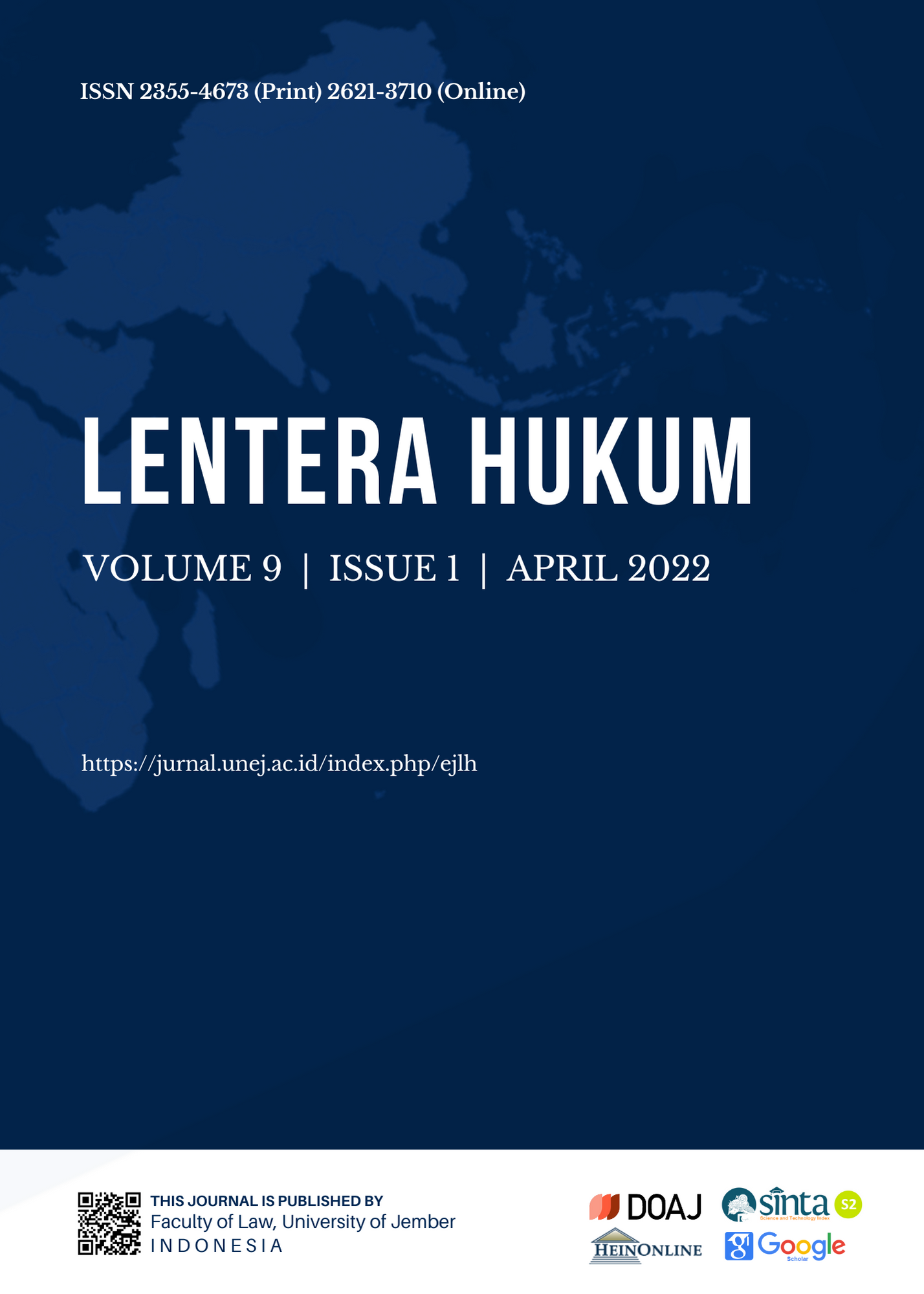Environmental Protection in the Argentinian Supreme Court Case Law
DOI:
https://doi.org/10.19184/ejlh.v9i1.29121Abstract
According to Article 41 of the Argentinian Constitution, all inhabitants have a right to environmental protection. Citizens have a right to a healthy and balanced environment, suitable for human development and productive activities to satisfy present needs without compromising those of future generations. The paper aims to analyze the tensions implicit in applying this constitutional norm by the Federal Supreme Court using the methodology of public law and legal theory. Indeed, the constitutional provision is broad, and its interpretation can lead to different solutions in a specific case. There are three main issues of legal interest discussed here. First, there is a delicate balance of protecting the environment against private property and economic activity, which the latter also being assured by the constitution. The point is particularly acute in Argentina, whose economy strongly depends on the primary sector. Second, there are tensions between the political branches (legislative/executive) and the judiciary. Environmental standards established by the judiciary are usually higher than those decided by the legislative branch. However, giving the judges the possibility to determine those standards in the absence of any previous legal norm (or even, sometimes, against that norm) could be a source of legal uncertainty. Finally, due to the federal nature of the Argentinian political system, the distribution of legislative and jurisdictional powers between the federal and local governments is disputed. In this equation, leaning towards the federal government may favor more homogeneity in environmental standards, which would simultaneously reduce local autonomy. This paper shows that the Supreme Court tries to balance different constitutional values in resolving these tensions. The difficulty of finding an adequate constitutional balance is usually added to the legal and factual complexity of environmental issues, and the result is not always completely satisfactory.
KEYWORDS: Argentina, Environmental Protection, Supreme Court Case Law.



